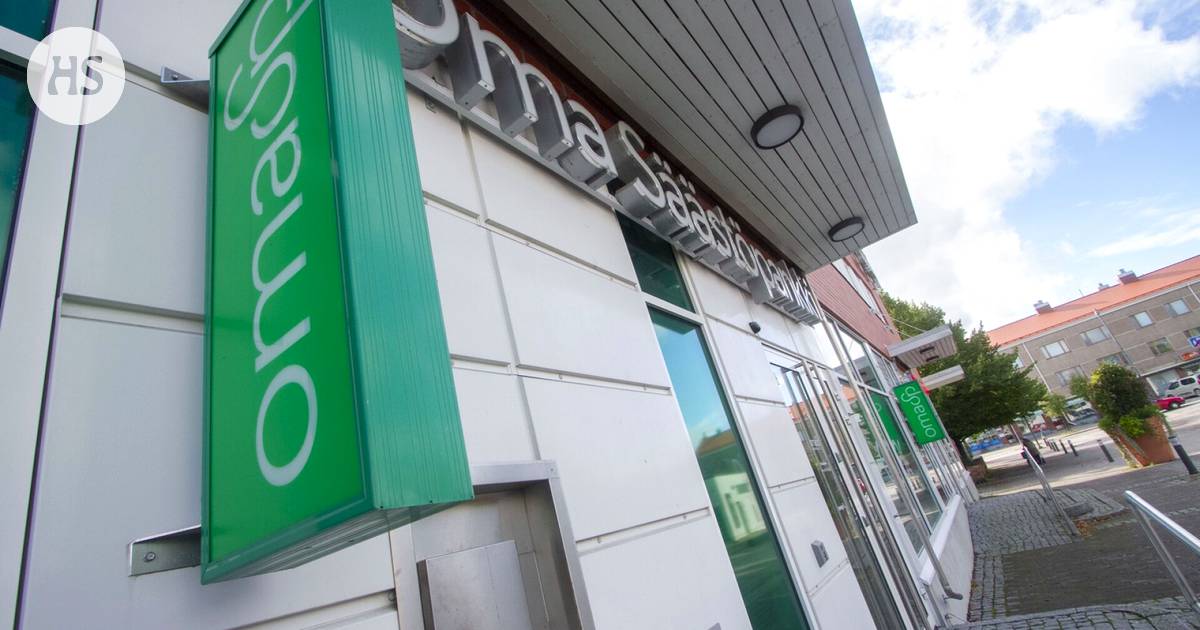Alcohol use by the elderly has remained unchanged in recent years, although it has decreased in other age groups.
Over Alcohol consumption among 65-year-olds began to increase in the 1990s, and the growth continued until the 2010s. Alcohol use has increased in both elderly women and men, but particularly strongly in women.
Over the past ten years, alcohol consumption by the elderly has remained unchanged, although it has decreased in other age groups, says a specialist researcher at the Institute of Health and Welfare (THL) Janne Härkönen.
“The main reason for the increased alcohol consumption of the elderly is that they are already used to drinking more alcohol than previous generations when they are of working age. The elderly today are also healthier and more capable of functioning than before, which has partly made it possible to continue drinking alcohol even at an older age,” says Härkönen.
According to Härkönen, elderly people who consume a lot of alcohol have more negative life experiences, chronic stressors and deficiencies in their social networks than other elderly people.
A-Clinic chief physician of outpatient services Markus Partanen says that clearly the majority of elderly high-risk alcohol users are still men. About a third of all high-risk users have only started drinking after retirement, and among these users, highly educated women are prominent.
After retirement, alcoholics have often had a strong social network through the work community, and work has been a central part of their identity.
“If a person does not find, for example, a mental hobby or other community when he retires, he will easily experience feelings of unnecessaryness and uselessness. The result can be loneliness, depression or anxiety, which exposes him to the risky use of alcohol,” says Partanen.
Large some elderly people do not know the limits of risky alcohol use and therefore do not recognize themselves as a risky alcohol user. Even about a third of people over the age of 65 drink too much alcohol and expose themselves to the risks that come with it, says Partanen.
For people over 65, the risk consumption of alcohol is exceeded by at least seven alcohol doses per week or by more than two alcohol doses in the same drinking session. One dose of alcohol can be, for example, one beer or a glass of wine.
“The limit of risky use surprises almost every elderly person. It’s been great to notice how this information has made many people look at their alcohol consumption and also make changes to it,” says Partanen.
According to Partanen, the elderly often notice that their alcohol tolerance decreases with age, and many begin to slowly reduce their consumption. However, few reduce it sufficiently.
The elderly are of working age more susceptible to the harms of alcohol. According to Partanen, alcohol increases the risk of all known malignant diseases at least somewhat.
“For example, there is no commonly known cancer for which alcohol is not a risk factor. Especially the elderly, whose family has had more cases of cancer, would do well to take this into account.”
According to Partanen, the elderly do not recognize their own state of intoxication in the same way as younger people, and they may experience very vague symptoms from alcohol use. On the other hand, due to the changes in the nervous system that occur with age, even alarming symptoms, such as atrial fibrillation, can go completely unnoticed by the elderly.
Elderly people often use regular medications. Not everyone is aware that alcohol can, for example, weaken or strengthen the effects of the medicine.
in Finland good and effective treatment for alcohol problems is available, assures Partanen. You can apply for help, for example, through a health center.
“Even though people are generally more aware and know how to seek help for their problems, there is still shame associated with alcohol use, especially among the elderly, and many seek help only when it starts to cause harm.”
Partanen brings up a survey conducted by the Prevention of Substance Abuse Ehyt ry a few years ago, which asked Finns’ opinions about who it would be most appropriate for them to discuss substance abuse issues with. The majority of the elderly chose the health care personnel as the easiest contact.
“I think the result of the survey was positive, and I hope it will encourage professionals in the health and safety field to discuss the matter more openly. It can be difficult for patients to talk about their alcohol use on their own initiative, but when asked directly, they often answer honestly, so the problem can be worked on.”
According to Partanen, seeking treatment can be triggered if something perceived as important is not done or experienced because of alcohol. Some of the elderly have not been able to see their grandchildren, for example, because of their alcohol use, which has been a sore spot for many and could serve as motivation for change. Also, for example, a serious illness can trigger a lifestyle overhaul.
Partanen believes that currently more and more high-risk alcohol users are questioning their drinking due to the general economic situation and rising prices.
“You can spend a lot of euros on alcohol, which can lead to tough questions: can you also afford food and medicine?”
According to the count of intoxication cases carried out by THL, the number of people over 65 seeking treatment due to alcohol use has not increased in more than ten years.
#group #people #starts #risky #alcohol #retirement #people #drink

/s3/static.nrc.nl/wp-content/uploads/2024/04/web-2604buicharles.jpg)







